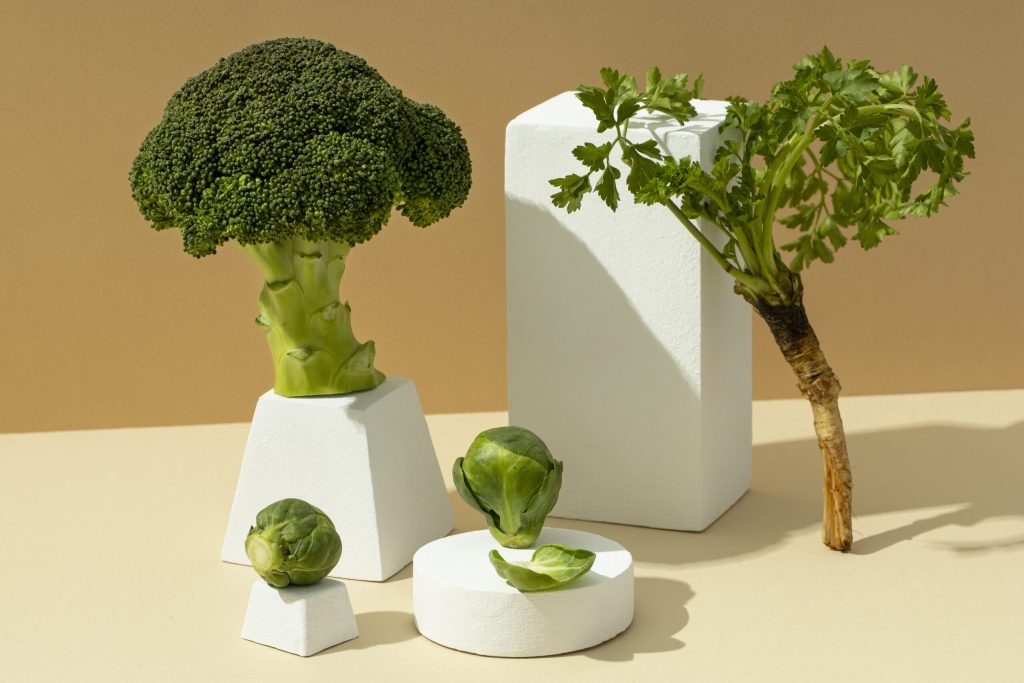“Plant Sterols and Stanols: The Unsung Heroes in Cholesterol Management”: Highlighting these plant compounds’ role in heart health.
Introduction: In the realm of heart health, the spotlight often shines on well-known heroes like exercise, a balanced diet, and medication. However, there are unsung heroes quietly working behind the scenes to support cardiovascular well-being, and among them are plant sterols and stanols. These natural compounds play a crucial role in cholesterol management, contributing to the overall health of our hearts.
Understanding Plant Sterols and Stanols:
- What are Plant Sterols and Stanols? Plant sterols and stanols are naturally occurring compounds found in plants, including fruits, vegetables, nuts, and whole grains. Structurally similar to cholesterol, these compounds have been studied for their cholesterol-lowering properties.
- How Do They Work? Plant sterols and stanols work by blocking the absorption of cholesterol in the digestive system. Their resemblance to cholesterol allows them to compete for absorption, ultimately leading to lower levels of LDL (low-density lipoprotein) cholesterol, commonly known as “bad” cholesterol.
The Impact on Heart Health:
- Lowering LDL Cholesterol: High levels of LDL cholesterol can contribute to the development of atherosclerosis, a condition where arteries become narrowed and hardened. Plant sterols and stanols help lower LDL cholesterol, reducing the risk of atherosclerosis and related cardiovascular issues.
- Maintaining a Healthy Cholesterol Balance: Achieving a balance between LDL and HDL (high-density lipoprotein) cholesterol is essential for heart health. While LDL cholesterol can build up in arteries, HDL cholesterol helps remove it. Plant sterols and stanols contribute to this balance by lowering LDL cholesterol without affecting beneficial HDL cholesterol.
Incorporating Plant Sterols and Stanols into Your Diet:
- Natural Sources: Identify rich sources of plant sterols and stanols in your diet. Foods such as nuts, seeds, vegetable oils, and whole grains are excellent natural sources. Consider incorporating these into your meals to support your heart health.
- Fortified Foods and Supplements: As awareness of the benefits of plant sterols and stanols grows, many food products, such as margarine, yogurt, and orange juice, are fortified with these compounds. Additionally, supplements are available for those looking for a convenient way to include them in their daily routine.
Conclusion:
While plant sterols and stanols may not be as widely recognized as some other components of a heart-healthy lifestyle, their impact on cholesterol management should not be underestimated. As you strive to maintain a healthy cardiovascular system, consider the role these unsung heroes play and explore ways to incorporate them into your daily routine. By doing so, you can contribute to the overall well-being of your heart and enjoy the long-term benefits of a cholesterol-friendly lifestyle.

